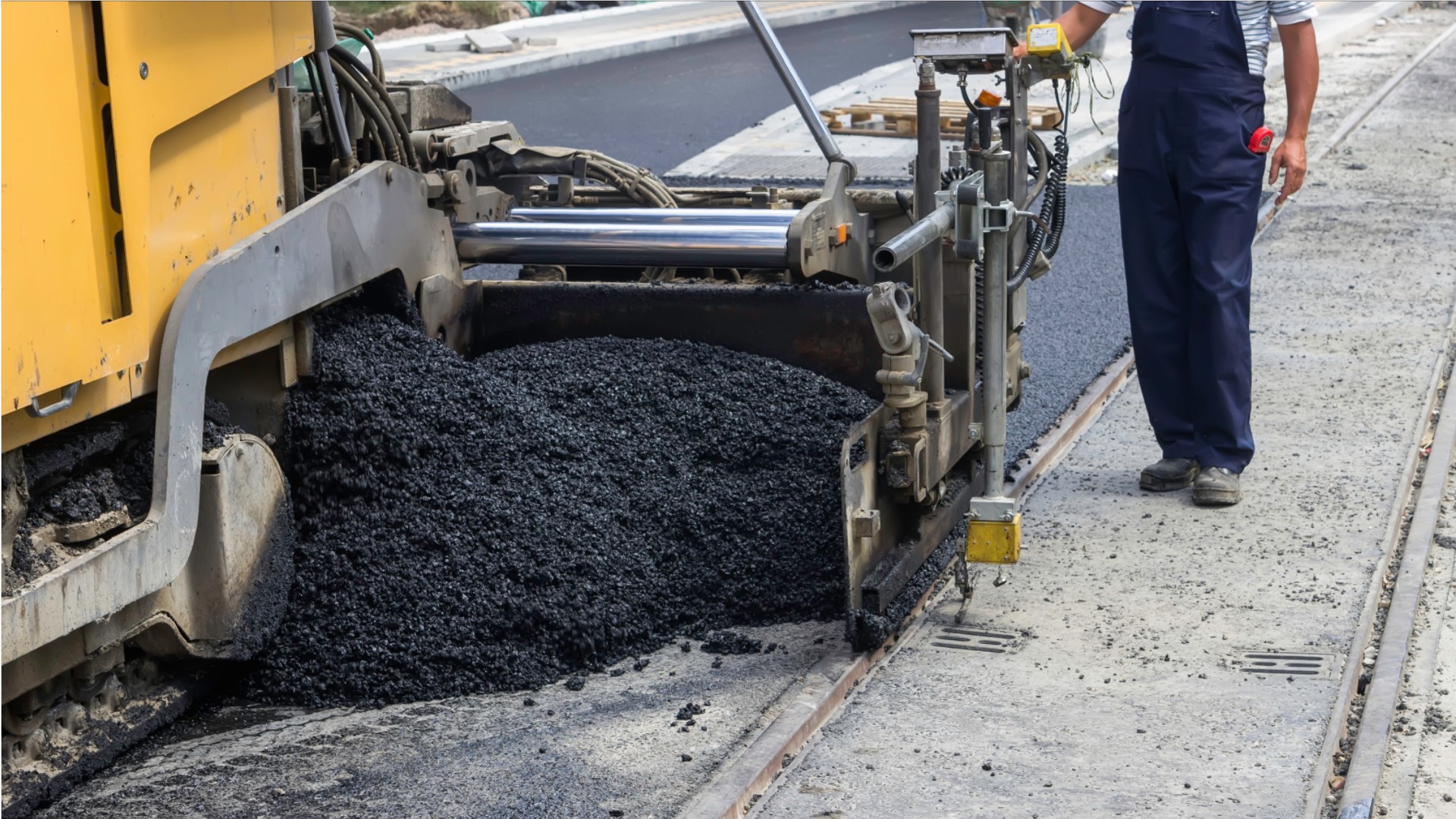Operating Engineers & Other Construction Equipment Operators
Equipment Operator (EO), Heavy Equipment Operator (HEO), Machine Operator, Operating Engineer
What they do:
Operate one or several types of power construction equipment, such as motor graders, bulldozers, scrapers, compressors, pumps, derricks, shovels, tractors, or front-end loaders to excavate, move, and grade earth, erect structures, or pour concrete or other hard surface pavement. May repair and maintain equipment in addition to other duties.
On the job, you would:
- Learn and follow safety regulations.
- Take actions to avoid potential hazards or obstructions, such as utility lines, other equipment, other workers, or falling objects.
- Start engines, move throttles, switches, or levers, or depress pedals to operate machines, such as bulldozers, trench excavators, road graders, or backhoes.
Knowledge
Engineering and Technology
- mechanical
Arts and Humanities
- English language
Safety and Government
- public safety and security
Skills
Basic Skills
- keeping track of how well people and/or groups are doing in order to make improvements
- listening to others, not interrupting, and asking good questions
Problem Solving
- noticing a problem and figuring out the best way to solve it
Abilities
Controlled Movement
- quickly change the controls of a machine, car, truck or boat
- use your arms and/or legs together while sitting, standing, or lying down
Hand and Finger Use
- keep your arm or hand steady
- hold or move items with your hands
Vision
- decide which thing is closer or farther away from you or decide how far away it is from you
- see details up close
Attention
- do two or more things at the same time
Personality
People interested in this work like activities that include practical, hands-on problems and solutions.
They do well at jobs that need:
- Cautiousness
- Dependability
- Stress Tolerance
- Perseverance
- Integrity
- Attention to Detail
Technology
You might use software like this on the job:
Spreadsheet software
- Microsoft Excel
Electronic mail software
- Microsoft Outlook
Facilities management software
- Maintenance record software
Education
Education: (rated 2 of 5)
high school diploma/GED or
some college
usually needed
some college
usually needed
Job Outlook
Average
New job opportunities are likely in the future.
Explore More
- Continuous Mining Machine Operators
- Excavating & Loading Machine & Dragline Operators, Surface Mining
- Hoist & Winch Operators
- Industrial Truck & Tractor Operators
- Mobile Heavy Equipment Mechanics
You might like a career in one of these industries:
See more details at O*NET OnLine about Operating Engineers & Other Construction Equipment Operators.





